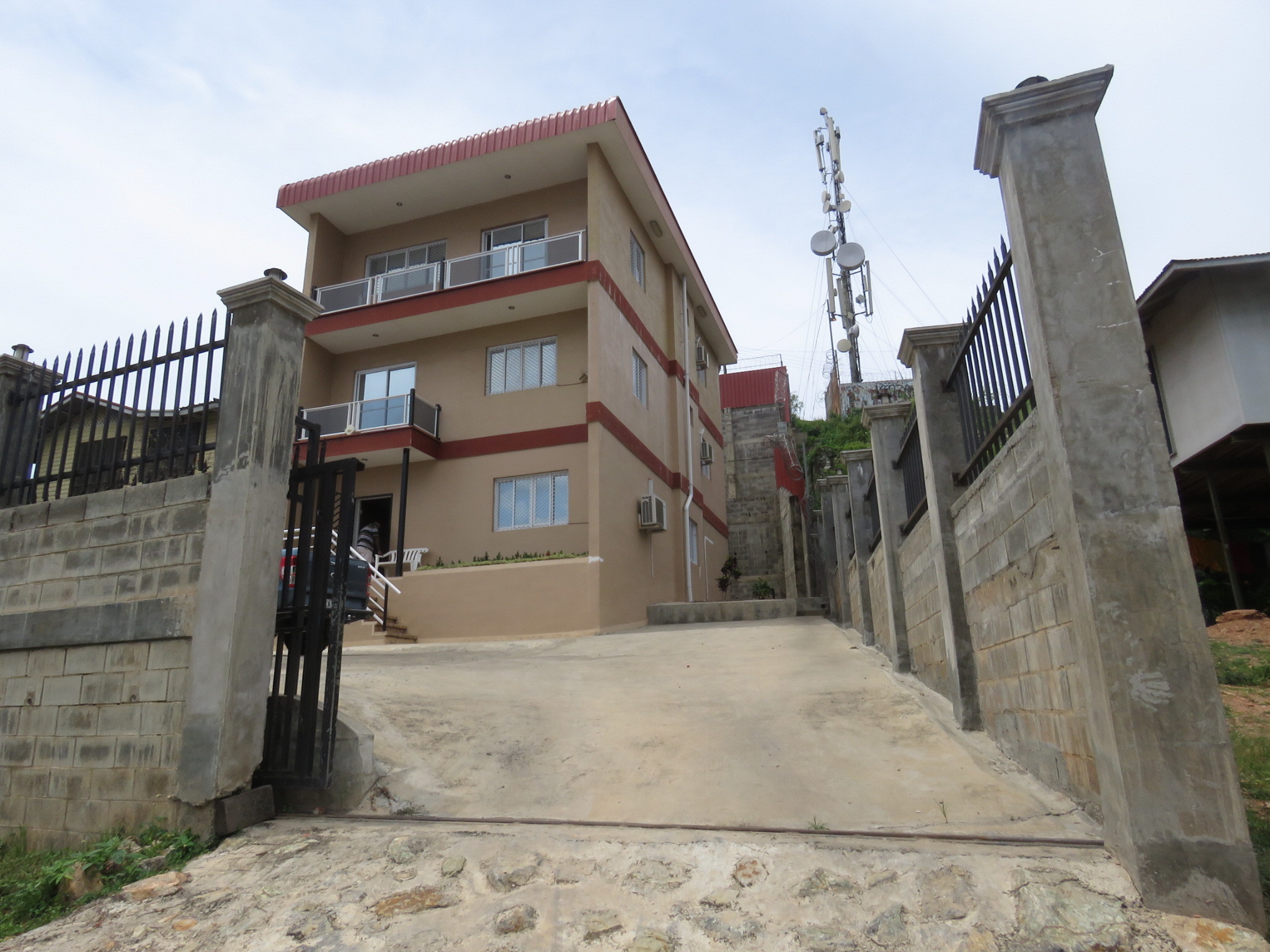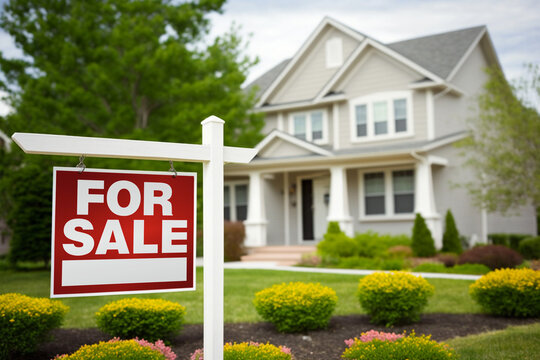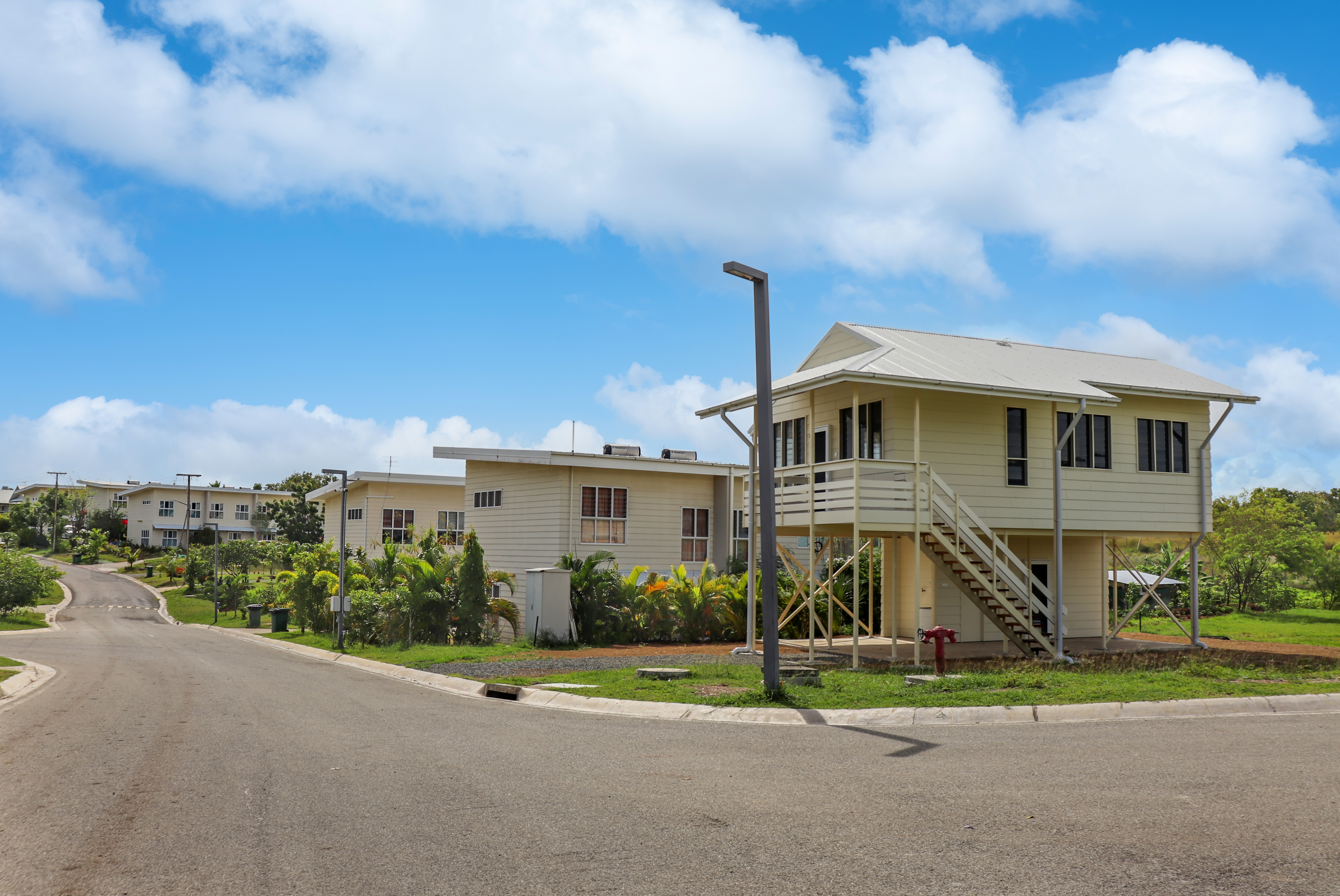In any real estate market, there’s always a portion of homeowners who find their properties stuck on the market longer than expected. The frustration of seeing their homes linger as stale inventory can be overwhelming—not only for the sellers but also for listing agents and potential buyers.
In this article, we’ll dive into five common reasons why a home isn’t selling as expected. These factors are persistent across property markets everywhere.
If your home has been sitting unsold for six to twelve months or more, edging towards expiration, it’s essential to examine whether one of the following reasons is at play.
Home sellers who are aware of these typical pitfalls often have a significant advantage, avoiding common mistakes that can derail their sale. On the flip side, if you're feeling frustrated because your property isn't selling, here's what might be going wrong.
1. Overpricing
One of the most frequently overlooked reasons why a home isn't selling is price. If you’re close to pulling your hair out, it’s time to review your pricing strategy.
Overpricing can be a deal-breaker when selling a home—it’s a major misstep that can cost you dearly in the long run. Unfortunately, many homeowners make mistakes when setting the sale price.
Before listing your property, it's crucial to understand how to determine the market value of your home. Professional real estate agents don’t pull prices out of thin air. Instead, they conduct a comprehensive Comparative Market Analysis (CMA), which compares your property to similar homes sold in the last six months. This analysis ensures that your home is priced according to its true market value, accounting for factors like size, location, and features. For instance, if your home has a large yard and a comparable home sold nearby has a smaller yard, your home could be priced higher due to the extra space.
2. Lack of Market Exposure
If your home isn’t making progress on the market, the lack of exposure could be the culprit. Marketing your property effectively can make a huge difference in whether it sells and for what price.
In today’s world, most homebuyers begin their search online. If your listing isn’t getting enough visibility, it's like placing your business on a quiet side street instead of the main road through a bustling city center. The more potential buyers who see your property online, the better your chances of selling.
You need to stand out from the competition. That means leveraging high-quality images, videos, and digital marketing strategies to ensure your property is visible to the right buyers. The goal is to capture attention and create interest. This is crucial to attracting the right buyers who will take the time to consider your home.
3. Poor Condition
Another common reason your home may not be selling is its condition. A house that is not clean, has neglected maintenance, or shows signs of wear and tear will deter potential buyers.
Some of the red flags of a home in poor condition include:
- Water stains on ceilings
- Damaged or missing roof shingles
- Dry rot or mold
- Uneven floors
- Cracks in the foundation
These issues need to be addressed before listing your property. No buyer wants to inherit these problems, and if they see them during a viewing, they’re likely to walk away. A poorly maintained home is a major turnoff and can lead to your listing expiring without any serious offers.
4. Unpleasant Odors
Foul odors are a silent killer when it comes to selling a home. Even the least experienced buyers can immediately notice unpleasant smells like cigarette smoke, pet odors, or mustiness. These odors can quickly turn off potential buyers, making it harder to sell.
Before hosting showings or open houses, make sure your home smells fresh. Clean carpets, use air fresheners, and remove any sources of unpleasant odors. This seemingly small issue can have a huge impact on the success of your sale.
5. Location Issues
Location is often considered the most important factor in real estate—hence the popular saying, “location, location, location.” If your home is situated in an undesirable area, it can significantly affect its sale prospects.
Even if your property is well-maintained, attractively priced, and in great condition, a bad location can still be a dealbreaker. Homes in areas with high crime rates, poor access to amenities, or inconvenient commutes are harder to sell, no matter how beautiful they may be.
When a home takes too long to sell, sellers often focus on their frustrations rather than addressing the root causes. The five reasons outlined in this article are some of the most common issues that can prevent a home from selling as expected. If you're in this situation, there's a good chance that one of these factors is the reason your home hasn’t moved. By identifying and addressing the underlying issue, you can adjust your strategy and increase your chances of a successful sale.
Disclaimer
This article is meant for informational purposes only. Hausples researches tricky real estate topics, interprets them and teaches its readers all about how the industry operates. Therefore, not all articles are intended to be construed as financial, or investment advice. Hausples encourages you to reach out for professional help regarding your own real estate situation.





Comments